News
‘Your wisdom is being used to perpetuate intellectual dishonesty’: Calcutta HC Judge to Harish Salve
On Friday, Justice Shekhar Saraf of the Calcutta High Court recused himself from a case after a lawyer reportedly approached him in his chamber for a favourable order.
Justice Saraf called the incident ‘extremely unfortunate’ and indicated that the errant lawyer belonged to the party, which is being represented by senior advocate Harish Salve.
“I have been approached directly by somebody I would believe was from your side because that person indicated to me that you will appear in the matter. It is extremely unfortunate. ..somebody can walk into your chamber and just approach you, I mean, that is the impression that people have of judges of this Court,” Justice Saraf told Salve, who was appearing through video conferencing, Bar and Bench reported.
“We are not saleable commodities. And if lawyers come and try and corrupt us, it becomes very difficult for us… It’s very unfortunate that this is being done,” he said.
Before recusing himself from the case, Justice Saraf told Salve that his “wisdom and intellect is being used (by others) to perpetuate intellectual dishonesty and corruption. By using a doyen of the Indian Bar, you try to push through an order”.
Salve has been at the helm of several high-profile cases, one of India’s top legal minds. The former Solicitor General of India has represented some of India’s mightiest corporates, including Reliance Industries, Tata Group companies and ITC, among others. Salve is also the senior counsel for Kishore-Biyani’s Future Group in its ongoing battle against e-commerce major Amazon. The case has become a big bone of contention and has raised many issues over corporate governance standards in India amongst global investors on the sanctity of contracts and the role of independent directors.
Terming the entire incident ‘obnoxious’ and “the worst possible thing that could happen”, Salve also opted out of the case. He also admitted that this was not the first time that he had heard a complaint like this.
In April last year, Salve recused himself from the role of amicus curiae in a suo moto matter taken up by the apex court regarding the management of the COVID-19 pandemic in the country. Salve decided to pull out of the role after criticism by senior advocate Dushyant Dave who mentioned his close friendship with the then CJI Bobde and pointed out a conflict of interest due to his representation of top industrial houses in the country, including Sterlite.
“Mr. Salve is a very able lawyer, and I have no doubt about Salve’s abilities. And Salve is a very close friend of Chief Justice Bobde – a childhood friend. There is no reason why Mr. Salve should, again and again, be appointed by Chief Justice Bobde as amicus curiae. Particularly because Mr. Salve is not in India, he has been a non-resident and living in London for a long time. He does not know the realities of India. He does not know the sufferings of Indian people. He does not know the pain of Indians. Whatever be his abilities, frankly, Mr Salve has a conflict of interest because he represents the biggest industrial houses in the country, including Sterlite. Mr. Salve’s statement to reopen the Sterlite plant itself frankly disentitles him to carry on as amicus curiae. I am really disturbed that Chief Justice Bode has appointed Mr. Salve as amicus when he is not available in India. There are many top-class, fiercely independent lawyers in this country, and Mr. Salve’s proximity to the government of the day is well known. He has appeared to defend the government directly and indirectly in a large number of cases during Covid,” he had said.
Also Read: CCI approves Amazon’s proposal to buy Catamaran’s stake in Cloudtail parent
In India, the instances of Judges being approached for favourable judgement may be scarce but not unheard of. In June 2015, a special CBI court judge, who was hearing a case related to the allocation of a coal block in 2008, had revealed that he had been approached more than once by one of the accused.
Special Judge Bharat Parashar, who would later frame charges against Jindal group companies, had warned defence lawyers led by senior advocate N Hariharan that he might be forced to take the incident on record.
“I am very sorry to say that with such senior lawyers appearing in the case, I had not expected that it would happen, but it has happened again. If this is happening without your knowledge, then I cannot say anything, but this was not expected… if you want me to take it on record, I will do it,” the judge had said, according to a report in The Indian Express
In June 2011, Kerala High Court Justice PK Shamsuddin (1986-93) had sought a probe into the conduct of former CJI K.G. Balakrishnan, alleging he was approached by a Bangalore-based person to act as an intermediary to fix a case in the Supreme Court.
“I was approached by a man in Bangalore. He requested me to facilitate an introduction to Justice Balakrishnan’s son (KG Pradeep) or son-in-law (Puliyanaveettil Vasu Sreenijan) to fix a case in the Supreme Court. I refused and said that I don’t involve myself in such things,” news agency PTI had quoted him as saying.
These incidents also shed light on legal loopholes in our judicial system, which could be at the risk of being influenced by powerful corporate houses. There is a need for greater accountability in these matters. We also need to put in place a mechanism where such instances must not go unpunished.
While accusations of corruption in the judiciary are not new in India, our legal system makes it even more difficult to prosecute judges accused of corruption. An FIR can be filed against a sitting judge only after CJI’s permission. A common man with limited means might not be able to take his legal battle to the top Court. We can challenge the judgement in a higher court but could not question the nature of the justice.


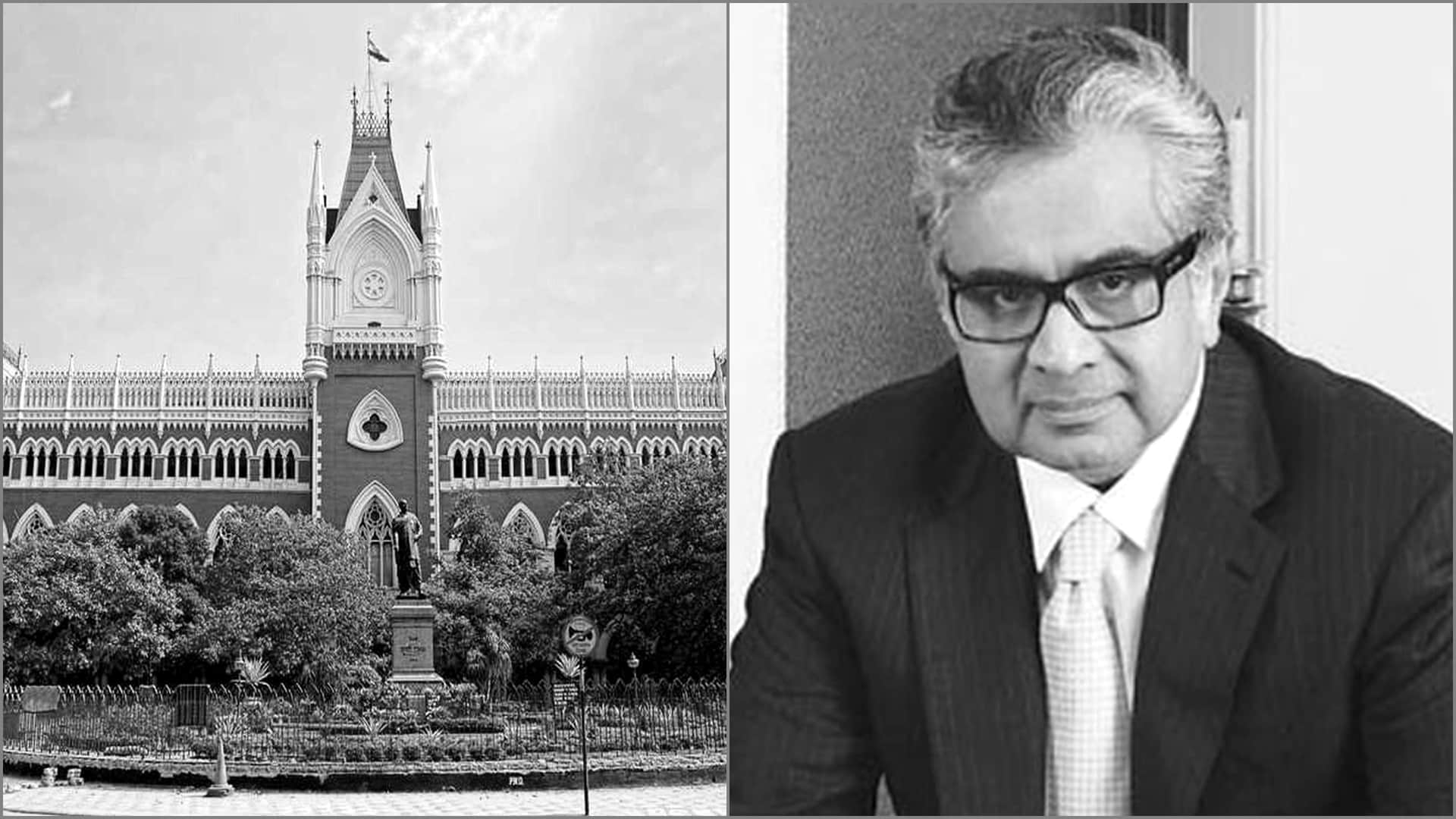
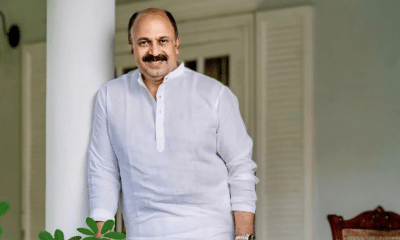



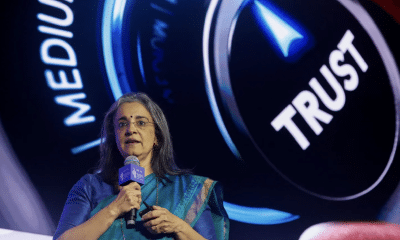






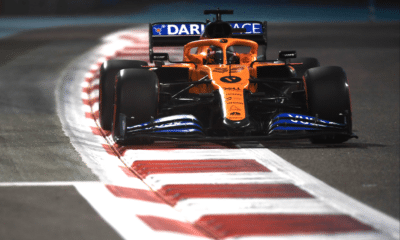



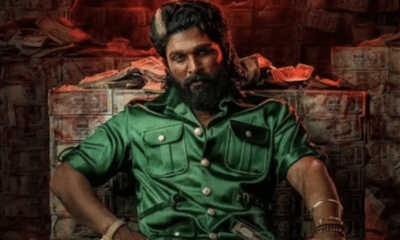
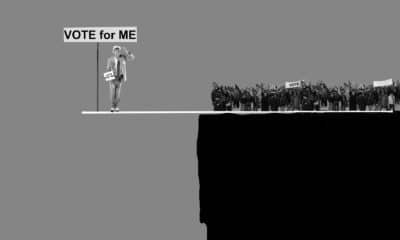
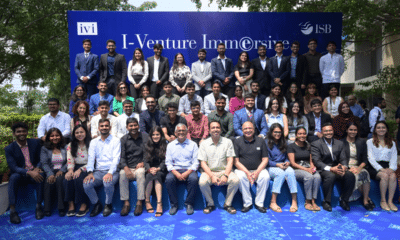
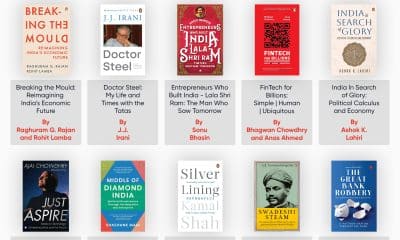

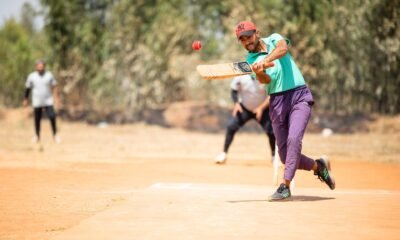
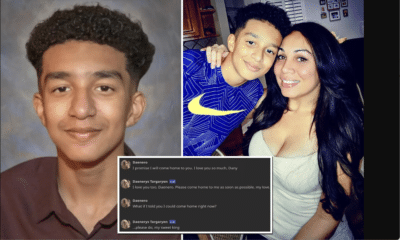
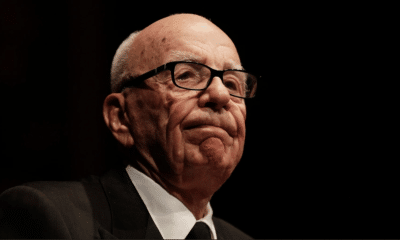
















Pingback: Looking at creating a fund for agritech startups: Goyal